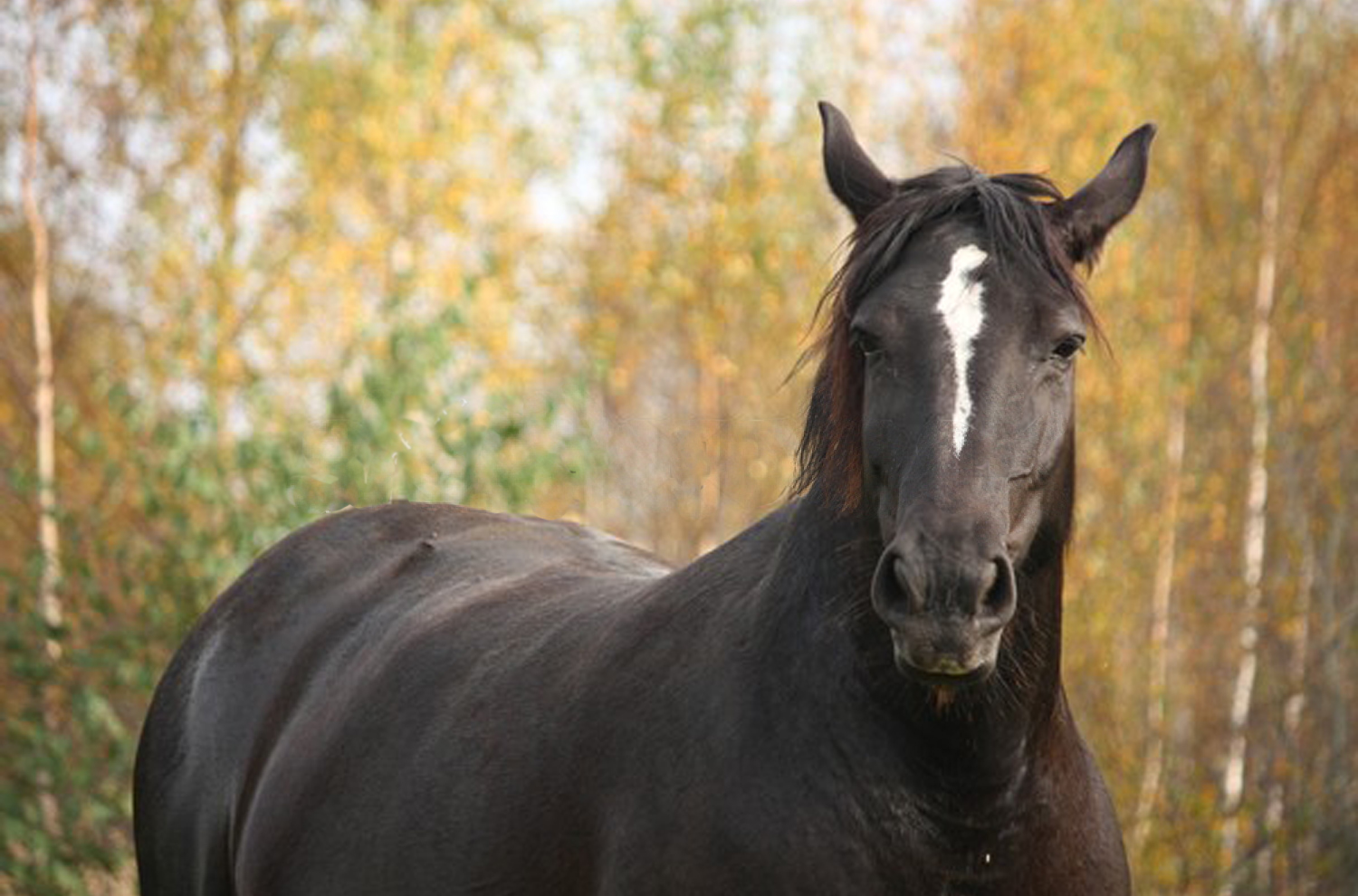Obesity is a rising concern in equine welfare with many horses and ponies being given diets which lead to painful medical problems such as laminitis and other life changing metabolic conditions. No matter what your reason for helping your horse lose weight, it is important to consult your veterinarian when considering a weight loss program. They will be able to evaluate your horse for any underlying conditions which may be contributing to your horse’s weight gain along with providing support and management when a condition such as laminitis is present.
With each aspect of a horse’s life – breeding, past history, and current care – impacting their body condition; equine nutrition must be evaluated on an individual basis. By evaluating your horse’s weight through the Henneke Scoring System you (and your veterinarian) can gauge the overall body condition score of your horse or pony. This score will help gauge the action needed to achieve a healthy weight.
When a body condition score has been assigned it is time to select an appropriate diet (type and quantity), suitable exercise, and begin a proactive health management routine. Once this new routine is adopted it is advisable to monitor your horse’s physical condition weekly by visually and physically inspecting the horse, noting weight tape results, and taking photos to document their progress. These records will help your veterinarian gauge your horse’s progress at their next checkup.
Weight loss won’t happen overnight! It can take several months for a horse to achieve its ideal weight, and some fatty deposits may take longer to shift than others. It is important to stay vigilant and adapt your plan to the seasons – especially when it comes to turnout routines and exercise.
Once your horse has completed their weight loss program and are re-evaluated at a healthy body condition, it is important to ensure that measures are taken to avoid obesity in the future through a balanced diet with plenty of fibre and continued exercise routines. It is our responsibility as caretakers to ensure our horses are in good health, and by taking these proactive steps we can help eliminate the need for drastic action in the future.

